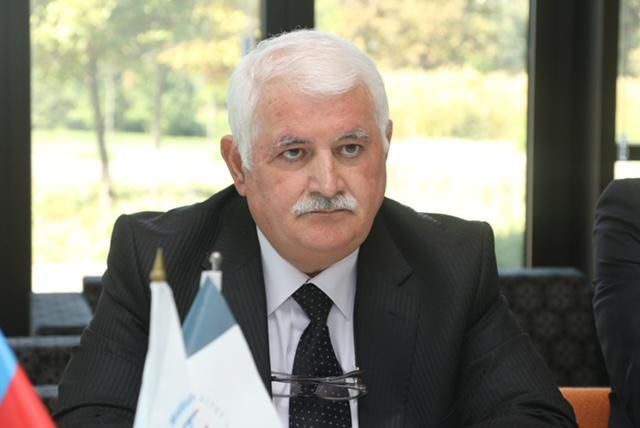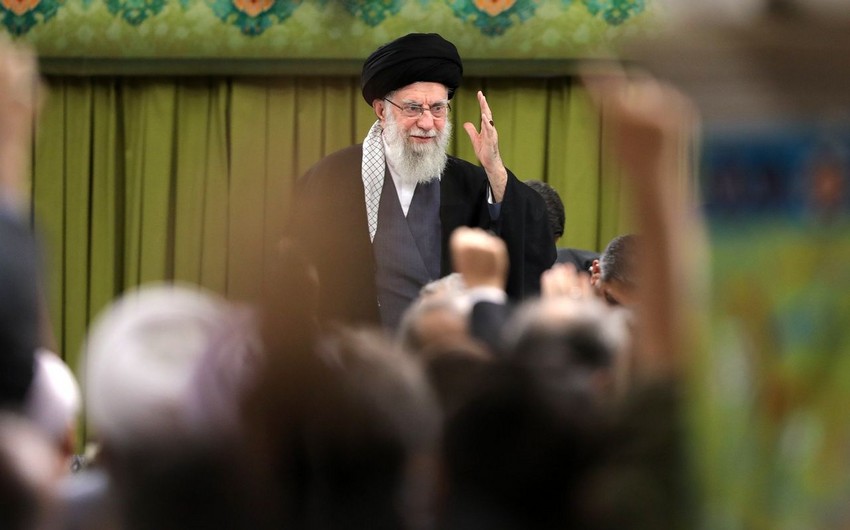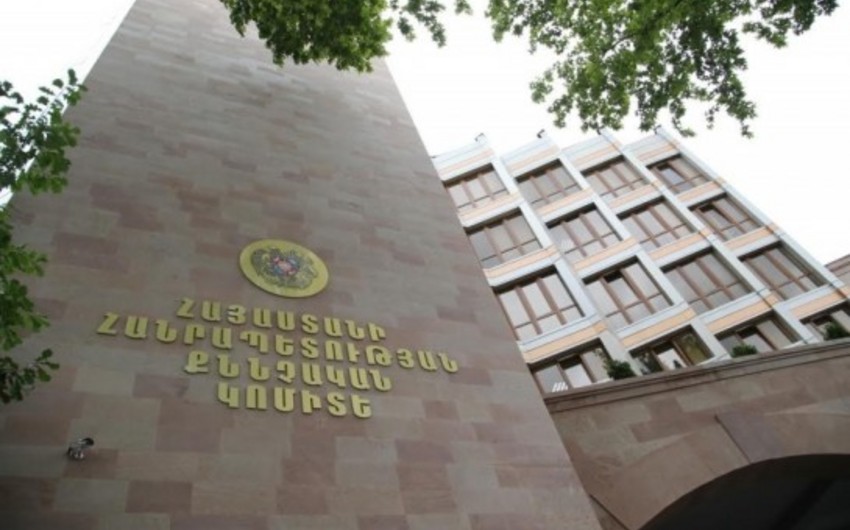Pakistani police have arrested eight men for marching a 14-year-old girl naked through a village in revenge for her brother allegedly tarnishing their family honour.
It is the latest incident of Pakistani village councils using women to settle family disputes, bypassing the official judiciary system with parallel tribal rule that sentences hundreds of women to death each year in so-called “honour” killings.
According to police in Dera Islami Khan, Khyber Pakhtunkhwa province, where the incident occurred, the girl’s brother had developed a romantic relationship with a woman outside marriage. A village council ruled that the woman’s family could retaliate by disrespecting his sister.
On the morning on 27 October, as the girl was fetching water, a group of men accosted her, stripped her and dragged her along the ground before making her walk around naked for an hour, the police report stated.
Village councils, called panchayat or jirga, are illegal but widespread in rural areas where the justice system is out of reach or perceived to be untrustworthy.
Three months ago, a 26-man council near Multan in Punjab province ordered a 17-year-old girl to be raped as punishment for a sexual assault allegedly committed by her brother.
“Unfortunately, despite pro-women legislation we see that in remote areas women are still being bartered as inanimate objects,” said Samar Minullah, a human rights activist.
“We consider girls or women as the honour of a home or a community, yet we dishonour them, barter them and hand them in compensation to end disputes? This is not only illegal but un-Islamic too,” she said. “I am glad police has taken action but what about the girl? She will end up living a life of stigma for the rest of her life.”
The recent incident occurred amid heated public debate in Pakistan about harassment of women. Last week, the Oscar-winning film director Sharmeen Obaid-Chinoy tweeted that a doctor who provided intimate emergency care to her sister had tracked the sister down on Facebook after the hospital visit. There were “no boundaries” in Pakistan, the director said.
Her tweets drew support but also harassment from men taunting her for socialising with disgraced Hollywood producer Harvey Weinstein in the past, while calling out a doctor for what they perceived to be a minor offence.
While different in gravity, urban elites harassed in hospitals and poor girls abused in villages are part of the same problem, said Nida Kirmani, a sociologist at Lahore University of Management Sciences (LUMS).
“While one cannot compare the horror that the girl experienced with the experience of receiving an inappropriate friend request from a doctor,” Kirmani said, “They lie on the same spectrum of sexist abuse that takes place in Pakistan.”
She added: “Both cases demonstrate the need for a national level conversation on sexual harassment and violence in all its shades and forms.”
In another incident, on Sunday, a 20-year-old woman killed 15 people from her husband’s family in Muzaffargarh near Multan in an attempt to poison her husband, to whom she had been forcefully married for two months.
According to police, she conspired with another man to escape her marriage by lacing a glass of milk with poison. After her husband declined to drink it, the milk was used to make lassi, which the whole family shared. The woman and her alleged accomplice were arrested on Monday, police said.
For Pakistani women, divorce is complicated and often dangerous. In 2016, a British woman Samia Shahid, was murdered on a trip to Pakistan by her father and first husband, allegedly for divorcing and remarrying in the UK without their permission.
Last month, the judge decided to move the case away from Jhelum, the town where she was killed, after requests from her second husband, the plaintiff, who feared he may be in danger and her family may try to influence the trial.

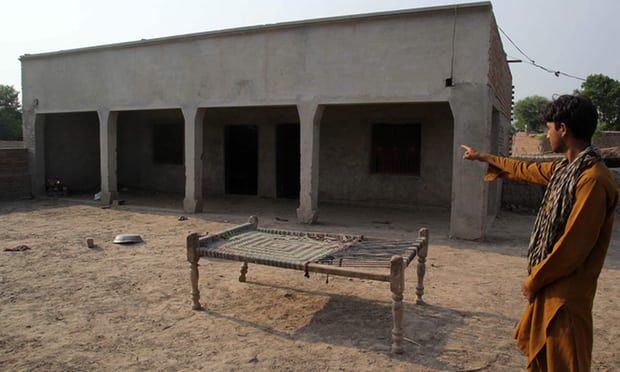
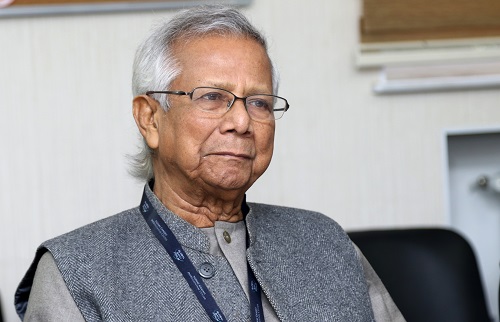
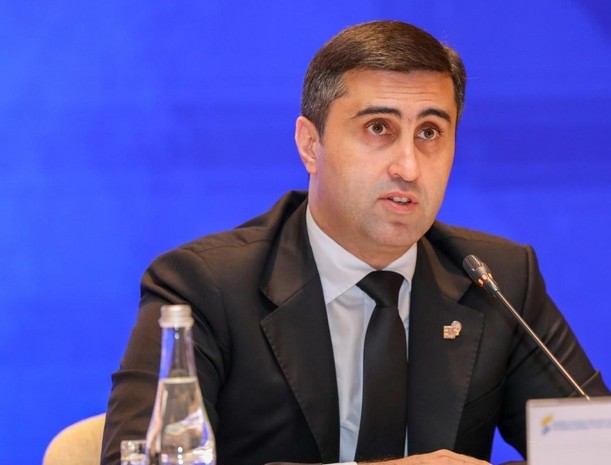
.jpg)
